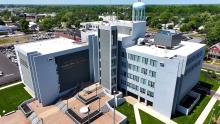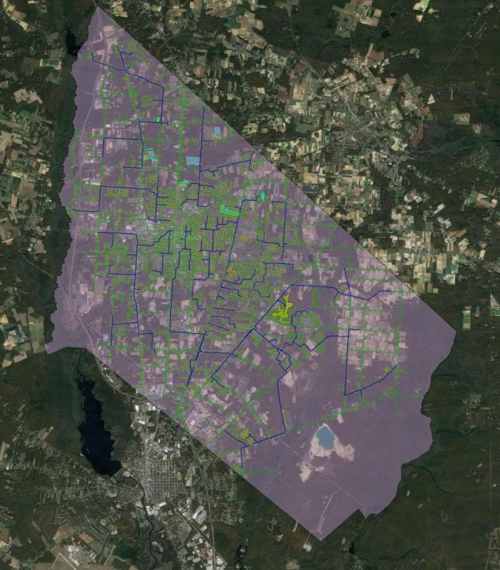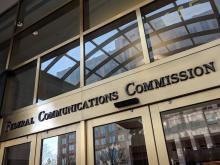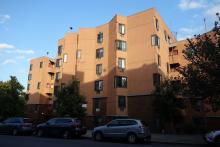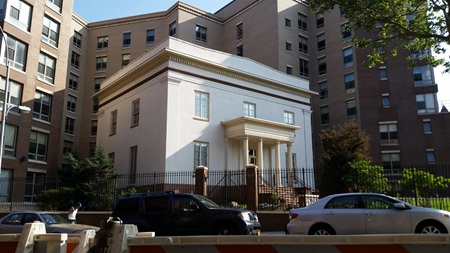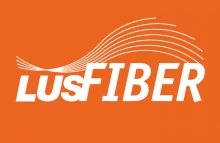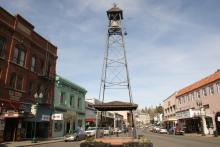Decorah, Iowa Strikes Partnership to Build City-Owned Fiber Network
Decorah, Iowa has struck a public private partnership with West Union Trenching to deploy a modern fiber-to-the-home (FTTH) network that passes every household in the city.
The project is the culmination of decades of planning and frustration at the lack of affordable, next-generation broadband in the city of 7,500.
According to the city, the Decorah 2025 Fiber to the Home Project will finally begin construction early next year.
The city has also struck a deal with Minnesota-based AcenTek to operate the system and provide retail internet service to residents. Network equipment and construction is being financed by a $13.7 million loan approved last month by the city’s Municipal Telecommunications Utility Board of Trustees.
“The fiber plant and electronics will be city owned, our operations side of it is being handled by Acentek,” Chopper Albert, Decorah IT Director told ISLR.
The first subscribers are expected to come online sometime in early 2027. The project’s origins extend back more than a decade after locals struggled to gain access to affordable, fast, and reliable broadband access.
“This is a unique start-up arrangement for Iowa,” said Travis Goedken, City Manager of the City of Decorah. “After reviewing multiple business plan options since the successful election by Decorah residents in 2015 to establish a Board-governed municipal telecommunications utility, this was the most favorable option.
"City staff and the Municipal Telecommunications Utility Board have been working diligently the last two years to organize and execute the necessary steps to make this a reality.”



